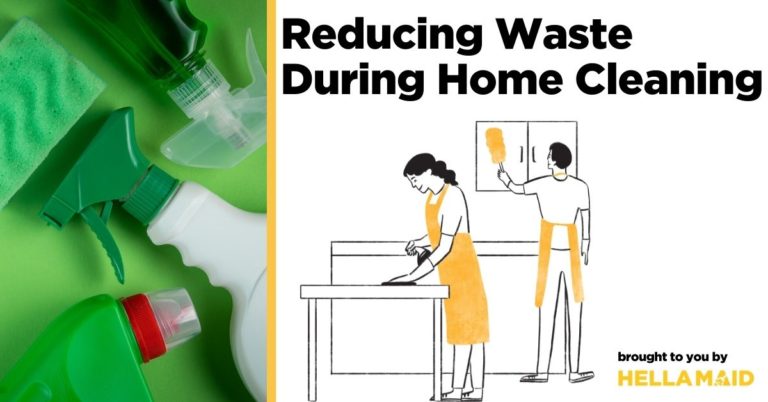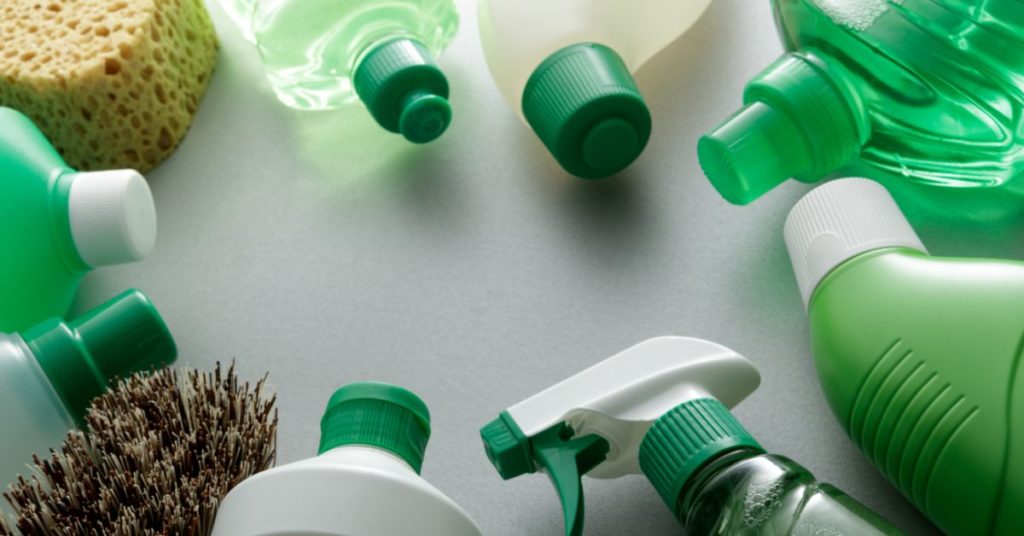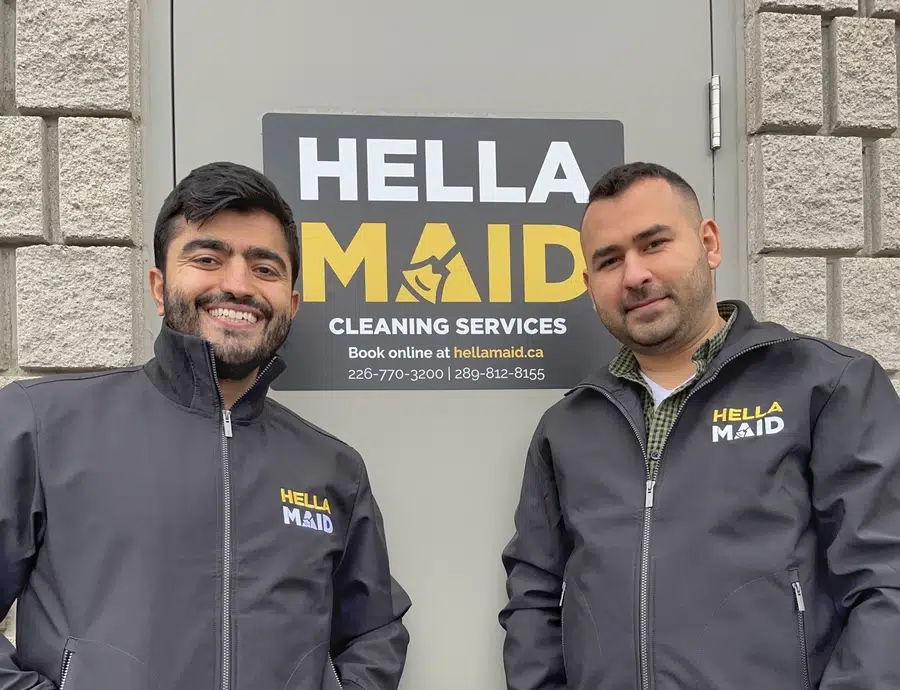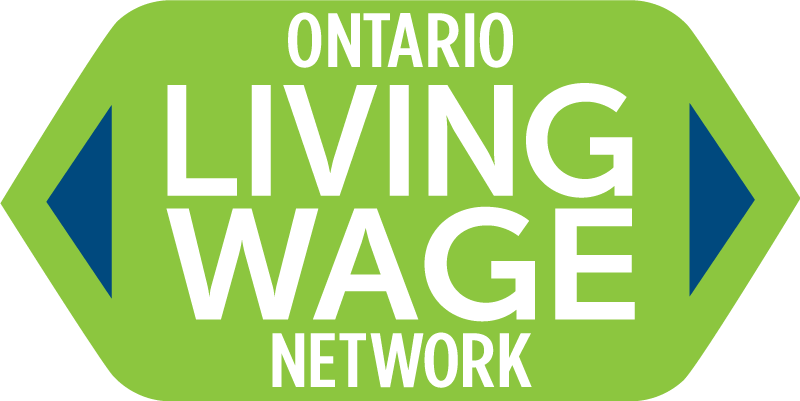In our quest for a more sustainable lifestyle, reducing waste has become a paramount goal. From our daily routines to the choices we make, every step towards minimizing our environmental impact matters. One area where we can make a significant difference is in our cleaning practices. By adopting eco-friendly and zero-waste cleaning techniques, we can not only maintain a clean and healthy home but also contribute to a greener future for generations to come.
However, embracing sustainable cleaning practices is not without its challenges. Addressing common misconceptions, dealing with resistance to change, and finding affordable and accessible options are all hurdles that we may encounter along the way. But fear not! With the right knowledge and strategies, we can overcome these barriers and transition to a more environmentally conscious cleaning routine.
Let’s delve into the world of reducing waste in our cleaning routines. We will explore how to address common misconceptions about eco-friendly cleaning, navigating resistance to change, and discover affordable and accessible sustainable cleaning options. By understanding and tackling these challenges head-on, we can create a cleaning routine that is not only effective but also aligned with our commitment to sustainability.
Join us on this journey as we embark on a mission to reduce waste, adopt eco-friendly practices, and make a positive impact on our planet. Let’s roll up our sleeves, grab our green cleaning kits, and pave the way towards a cleaner, greener future, one cleaning routine at a time.
Tips to Help You Reduce Waste in Your Cleaning Routine
Tip #1: Opt for Eco-Friendly Cleaning Products
A lot of conventional cleaning products contain harsh chemicals that are harmful to the environment. Switching to eco-friendly, non-toxic alternatives is a great way to reduce waste and promote a healthier living space. Look for products with natural ingredients, biodegradable packaging, and certifications like EcoLogo or Green Seal.
Tip #2: Make Your Own Cleaning Solutions
Another effective way to minimize waste is by making your own cleaning solutions. Basic ingredients such as vinegar, baking soda, lemon juice, and essential oils can be used to create effective and environmentally friendly cleaners. There are numerous online resources that provide easy-to-follow recipes for different cleaning purposes.
Tip #3: Use Reusable Cleaning Tools
Instead of relying on single-use cleaning tools like paper towels and disposable wipes, opt for reusable alternatives. Microfiber cloths, washable mop pads, and sponges are durable options that can be washed and used multiple times. Investing in high-quality, long-lasting cleaning tools will not only lessen waste but also save you a lot of money in the long run.
Tip #4: Ditch Disposable Mop Pads and Sweeper Sheets
Disposable mop pads and sweeper sheets may offer convenience, but they contribute to a significant amount of waste. Consider switching to mop systems or sweepers that utilize reusable or washable pads. These options are not only more sustainable but also highly efficient at picking up dirt and dust.
Tip #5: Choose Bulk Packaging
When purchasing cleaning products, opt for bulk packaging whenever possible. Buying in larger quantities reduces the amount of packaging waste generated over time. Look for refillable options or concentrate formulas that can be diluted with water, further reducing packaging waste.
Tip #6: Compostable Trash Bags
If you use trash bags in your cleaning routine, choose compostable options made from biodegradable materials. These bags break down naturally in composting facilities, reducing their impact on landfills as well as the environment. Additionally, consider reducing your overall waste by recycling and composting whenever feasible.
Tip #7: Donate or Repurpose Old Cleaning Tools
Before discarding or replacing old cleaning tools, evaluate if they can be repurposed or donated. For example, worn-out microfiber cloths can be repurposed for cleaning other surfaces or used for dusting. Donating functional cleaning tools to local charities or shelters is also a great way to reduce waste and help those in need.
Tip #8: Optimize Water Usage
Conserving water is an important aspect of reducing waste in your cleaning routine. Be mindful of your water usage when cleaning by turning off the faucet when not in use, using a bucket instead of running water for mopping, and fixing any leaks or dripping faucets promptly. Additionally, consider collecting rainwater for cleaning purposes to further reduce water waste.
Tip #9: Educate and Inspire Others
Spread the word about the essence of reducing waste in cleaning routines. Educate your family, friends, as well as the community about the benefits of eco-friendly practices and share tips on how they can implement these changes. Encourage others to adopt sustainable cleaning habits and collectively contribute to a cleaner and greener planet.
Transitioning to Zero Waste Cleaning
In our efforts to create a more sustainable lifestyle, transitioning to zero waste cleaning practices can have a significant impact. By minimizing waste in our cleaning routines, we not only contribute to a healthier environment but also save money and promote a more mindful approach to consumption. Here’s how you can reduce waste in your cleaning routine:
Assess Your Cleaning Needs
Start by evaluating your cleaning needs and identifying the essential products and tools required. This assessment will help you avoid unnecessary purchases and focus on sustainable alternatives.
Make a Green Cleaning Kit
Create a dedicated green cleaning kit that includes reusable tools and eco-friendly cleaning products. This kit should include items like microfiber cloths, washable mop pads, a refillable spray bottle, and homemade or eco-friendly cleaning solutions.
Declutter and Simplify
Before diving into zero waste cleaning, declutter and simplify your living spaces. Getting rid of unnecessary items not only reduces the need for excessive cleaning but also makes it easier to keep a clean and organized home.
DIY Cleaning Solutions
Make your own cleaning solutions using simple and natural ingredients. Vinegar, essential oils, lemon juice, and baking soda are versatile and effective components for homemade cleaners. Look for DIY cleaning solution recipes online to find what works best for your needs.
Opt for Minimal Packaging
Choose cleaning products that come in minimal or sustainable packaging. Look for concentrated formulas or bulk options that allow you to refill smaller bottles. Avoid products with excessive plastic packaging or single-use items.
Refill and Reuse
Whenever possible, opt for refillable cleaning products. Many eco-friendly brands offer refill options for products like dish soap, laundry detergent, and all-purpose cleaners. By refilling existing bottles or containers, you significantly reduce waste generated from single-use packaging.
Explore Composting and Recycling
Integrate recycling and composting into your cleaning routine. Learn about what materials can be recycled in your area, and make sure to sort and dispose of them properly. Organic waste, like fruit and vegetable scraps or coffee grounds, can be composted and used to enrich your garden or potted plants.
Reduce Paper Waste
Paper towels and disposable wipes contribute to significant waste. Replace them with reusable alternatives like washable cloths or old T-shirts cut into cleaning rags. Additionally, switch to unbleached or recycled paper products when necessary.
Mindful Water Usage
Conserve water while cleaning by turning off the tap when not in use. Use buckets or basins to collect and reuse water for tasks like mopping or rinsing cleaning tools. Fix any leaks or dripping faucets promptly to avoid unnecessary water waste.
Educate and Inspire Others
Spread awareness about zero waste cleaning practices and inspire others to adopt sustainable habits. Share your experiences, some tips, and the many benefits of reducing waste in your cleaning routine with friends, family, and your community.
Overcoming Challenges and Barriers
Transitioning to eco-friendly and zero-waste cleaning practices is a commendable goal, but it can come with its own set of challenges and barriers. By addressing common misconceptions, dealing with resistance to change, and finding affordable and accessible sustainable cleaning options, you can overcome these obstacles and successfully adopt a more environmentally conscious cleaning routine.
Addressing Common Misconceptions about Eco-Friendly Cleaning
Misconception 1: Eco-friendly cleaning products are not as effective as conventional ones.
Explanation: Many eco-friendly cleaning products, especially when used correctly and in combination with proper cleaning techniques, can be equally effective as conventional cleaners. Understanding the right application and benefits of eco-friendly options can help dispel this misconception.
Misconception 2: Natural ingredients cannot effectively sanitize or disinfect.
Explanation: Ingredients like vinegar, hydrogen peroxide, and tea tree oil have natural disinfecting properties. While they may not be as potent as chemical-based disinfectants, they can effectively clean and sanitize most household surfaces. It’s essential to remember that not all cleaning tasks require heavy-duty disinfection.
Misconception 3: Sustainable cleaning products are expensive.
Explanation: While some eco-friendly products may have a higher upfront cost, they often last longer. Most of them can be bought in concentrated forms that can be diluted. Additionally, many homemade cleaning solutions can be made with inexpensive ingredients. Over time, adopting sustainable cleaning practices can save money by reducing the need for frequent purchases.
Dealing with Resistance to Change
- Communicate the Benefits: Explain the environmental benefits of eco-friendly cleanings, such as reducing pollution and waste, improving indoor air quality, as well as promoting a healthier living space. Highlight how these changes align with their values and contribute to a more sustainable future.
- Share Personal Experiences: Share your own positive experiences with eco-friendly cleaning products and routines. Explain the improvements you’ve noticed in terms of cleanliness, air quality, and your overall well-being. Personal stories can be persuasive and help others overcome their resistance.
- Provide Education and Resources: Offer educational materials, articles, or documentaries that discuss the importance of eco-friendly cleaning and provide practical tips for making the switch. Point them to reputable sources or recommend books or blogs that specialize in sustainable cleaning.
- Start Small: Encourage others to start with simple changes, such as switching to reusable cleaning tools or experimenting with homemade cleaners. Gradual adjustments make the transition less overwhelming and allow individuals to see the benefits firsthand.
Finding Affordable and Accessible Sustainable Cleaning Options
- DIY Solutions: Homemade cleaners using ingredients like vinegar, baking soda, and lemon juice are often affordable and readily available. Try different recipes to find what works best for your needs.
- Bulk Buying and Refills: Look for cleaning products in bulk or concentrate form, as they often have less packaging and are more cost-effective in the long run. Explore local stores or online retailers that offer refill stations for cleaning supplies.
- Explore Second-Hand Options: Consider purchasing second-hand cleaning tools and equipment from thrift stores, online marketplaces, or local buy/sell groups. Vacuum cleaners, mops, and other cleaning tools can often be found in good condition at a fraction of the cost.
- Research Sustainable Brands: Look for affordable eco-friendly cleaning brands that offer affordable options. Some companies prioritize sustainability and offer products at competitive prices. Read reviews, compare prices, and consider the overall value of the product.
Embrace a Sustainable Cleaning Future
The journey to sustainable cleaning is not always easy, but the rewards are immeasurable. By implementing the tips and strategies shared in this article, you can significantly minimize waste, promote a healthier living environment, and contribute to a greener planet.
Remember, every small step counts. Whether it’s making your own cleaning solutions, opting for reusable tools, or educating others about the importance of sustainable cleaning, each action has a positive ripple effect. Share your experiences and knowledge with friends, family, and your community, encouraging them to join you on this path toward a more sustainable future.
We can all create a collective impact that goes beyond our individual efforts. By embracing sustainable cleaning practices, we not only preserve the beauty of our planet but also pass on a legacy of environmental responsibility to future generations.
So, let’s roll up our sleeves, equip ourselves with eco-friendly cleaning tools, and embark on this journey of reducing waste in our cleaning routines. The power to create change lies within each of us. Let’s be the change-makers and custodians of a cleaner, greener, and more sustainable world. Start today and see the positive transformation unfold before your eyes. The future is in our hands, and it starts with a sustainable cleaning routine.

